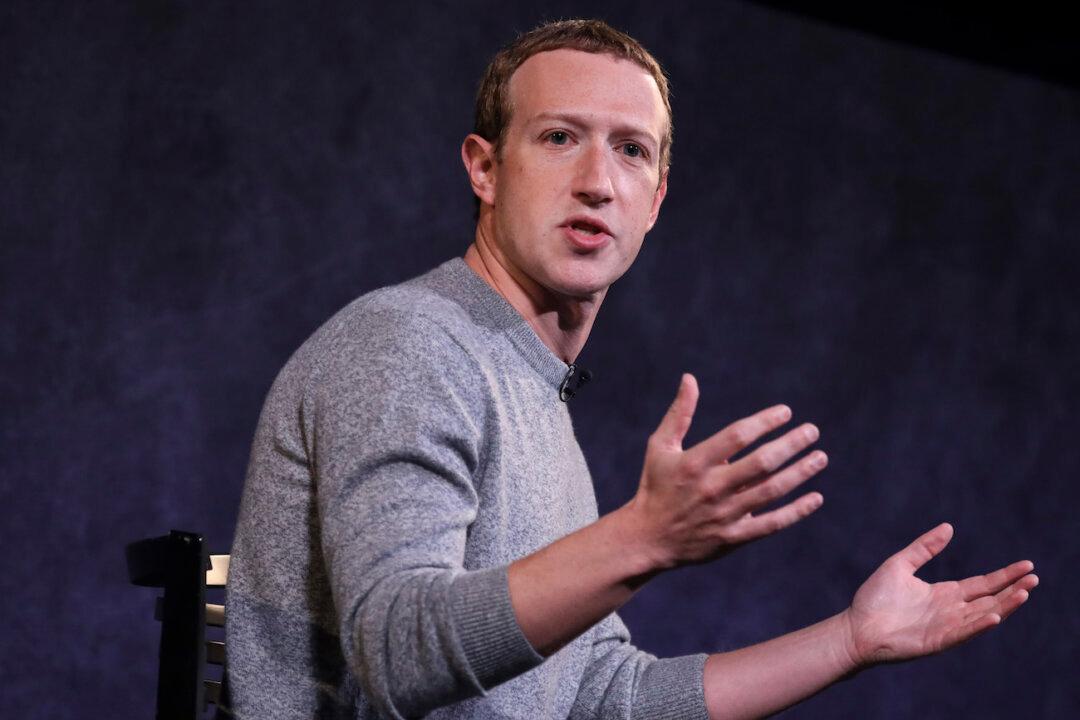Mark Zuckerberg, CEO of Meta, the parent company of Facebook, told podcast host Joe Rogan in a recent interview that the company actively reduced the reach of social media posts referencing the story about Hunter Biden’s laptop in the lead-up to the 2020 presidential election.
On the Aug. 25 episode of “The Joe Rogan Experience,” Zuckerberg said that the move was in response to a general advisory from the Federal Bureau of Investigation (FBI) to some Facebook staffers to be vigilant for Russian propaganda before the 2020 election.




